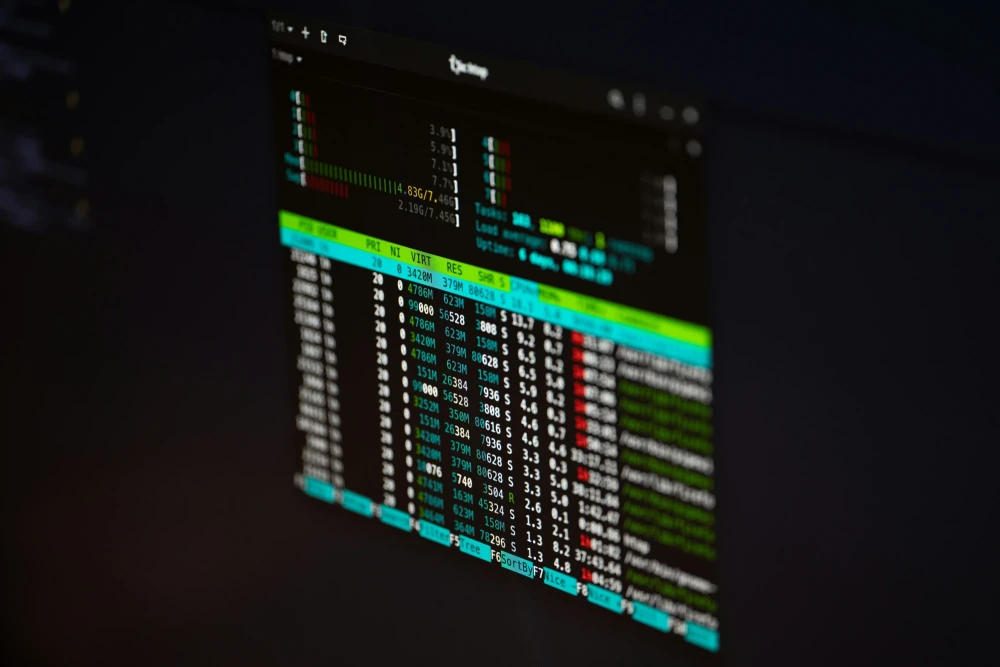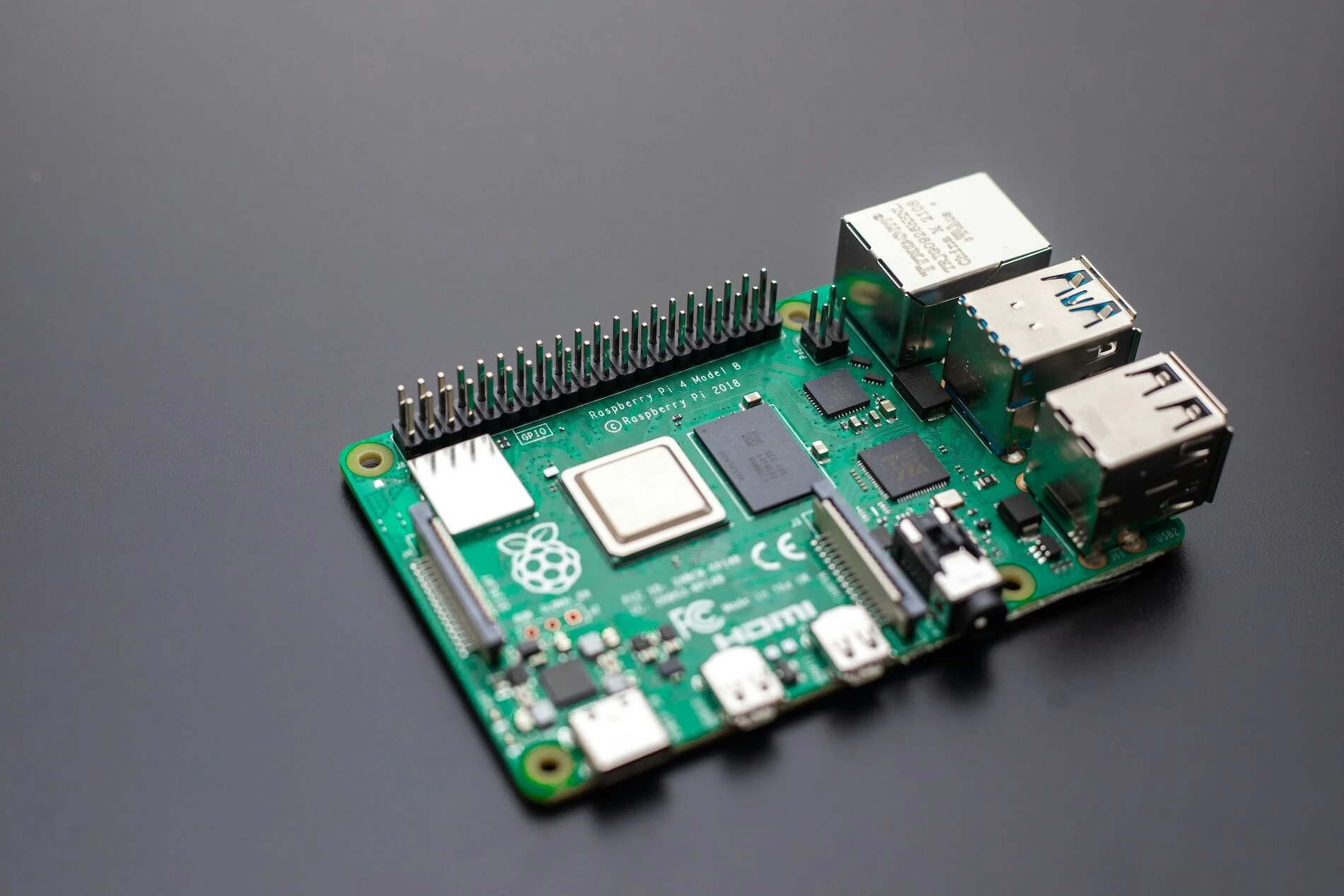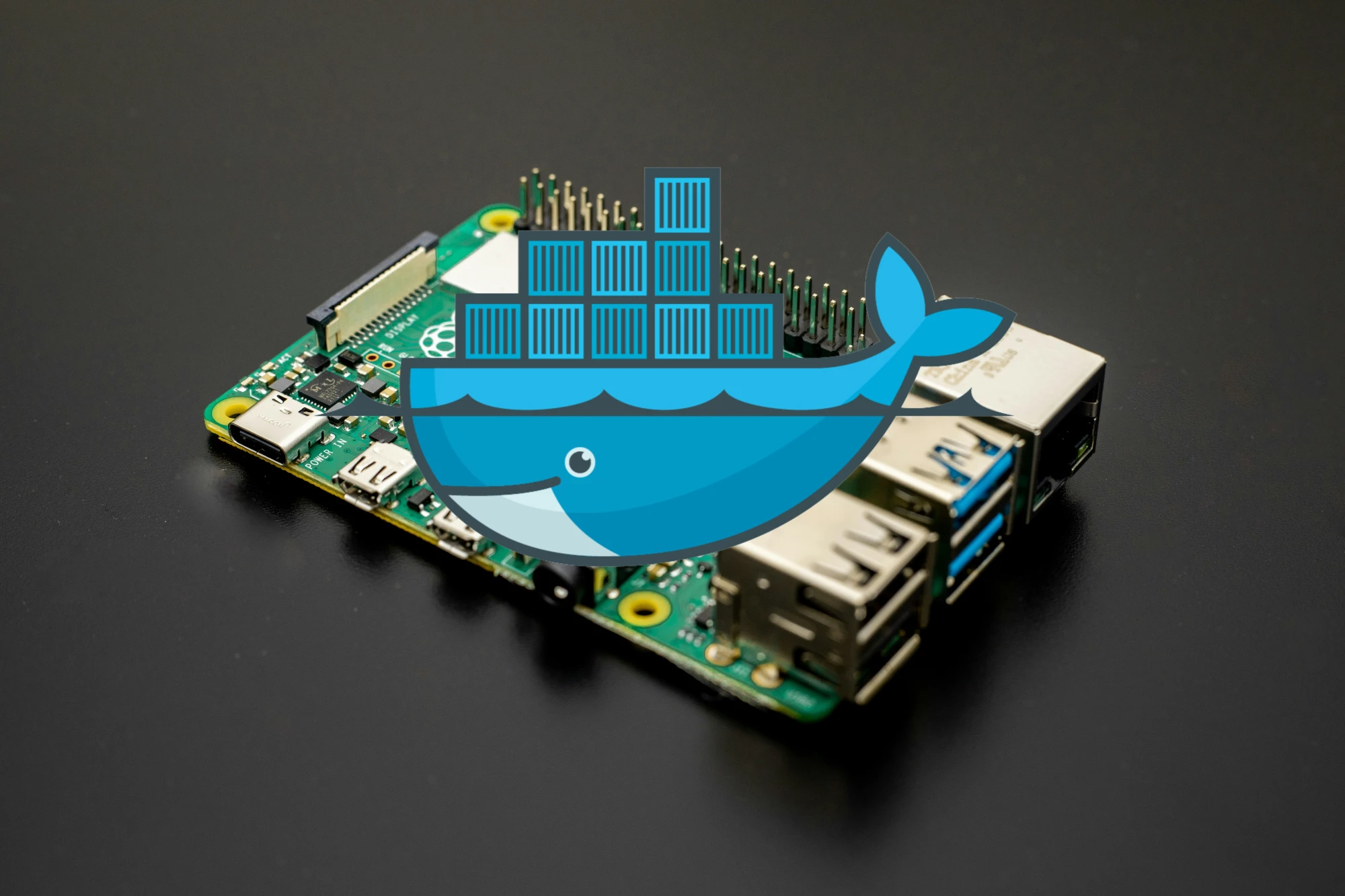Simplifying OpenOCD Deployment with a Debian Package
Instead of manually copying binaries and dependencies across machines, you can package OpenOCD into a Debian .deb archive. This post walks through creating a custom package to simplify installation and distribution.

This post is part of the Tools as a Service Series. Full architecture overview here.
In the last two posts (Remote Debugging and Cross Comipiling Guide), we looked into compiling OpenOCD from source and how to run the resulting binaries. While that works, I was not a fan of manually copying files between machines and juggling all the dependencies. There has to be an easier way, right? Of course, by packaging everything into a Debian .deb file. With these packages, installation becomes clean and repeatable. Let’s go ahead and create our own openocd.deb package for the ARM64 platforms.
I built this Debian package on a Raspberry Pi 4. If you are working in a cross-compile environment, the steps are nearly the same.
Building the Package
First, install the required tools for working with Debian packages:
sudo apt install -y dpkg-dev debhelper devscriptsNext we set up the package directory structure. Our package will be called pxg-openocd, with the following structure:
DEBIANcontains package metadata files/usr/bincontains the compiled binary file/usr/share/openocd/scriptscontains the OpenOCD scripts
mkdir -p pxg-openocd/DEBIAN
mkdir -p pxg-openocd/usr/bin
mkdir -p pxg-openocd/usr/share/openocd/scriptsNow copy the binary and script files from the OpenOCD repository:
cp openocd/src/openocd pxg-openocd/usr/bin/
cp -r openocd/tcl/* pxg-openocd/usr/share/openocd/scripts/For the control file, which defines package metadata and installation requirements, we need to specify package metadata and dependencies. Last time, we used objdump to list the shared libraries (see the Installing Needed Libraries in the Cross Compiling Guide for dependency management). Create the control file inside the DEBIAN directory and add the dependencies and other metadata as shown below:
Package: pxg-openocd
Version: 0.12.0+dev-g66ea46184
Section: embedded
Priority: optional
Architecture: arm64
Depends: libc6 (>= 2.29), libusb-1.0-0, libhidapi-hidraw0, libjim0.81
Maintainer: Make Package <info@makeprogress.ee>
Description: OpenOCD for ARM64
A custom build of Open On-Chip Debugger (OpenOCD) for ARM64 systems.Most of the fields are self-explanatory. The Package field, however, must have a unique name on our system and is ideally lowercase.
The Version field in a Debian package specifies the software's release number. It typically follows the format: [upstreamversion]-[debianrevision], where upstream_version is the original software version, and debian_revision (if present) indicates Debian-specific modifications. For our custom build, we can use a descriptive version like 0.12.0+dev-g[git_hash] to indicate the source commit.
Our custom package is almost ready, but before we build it we need to ensure that the files have the correct permissions. Files are set to 644 (readable by all, writable only by the owner) to prevent unauthorized modifications, while directories use 755 (readable and executable by all, writable only by the owner) to ensure controlled access to their contents.
find pxg-openocd/ -type f -exec chmod 644 {} +
find pxg-openocd/ -type d -exec chmod 755 {} +Finally, build the .deb package:
dpkg-deb --root-owner-group --build pxg-openocd--root-owner-group makes dpkg-deb set all files in the package to be owned by root:root, regardless of the current user building the .deb. It’s necessary because Debian packages are expected to install files owned by root:root.
And that's it, we have a installable Debian package!

Validating the Package
Although we built the package without errors, we should somehow validate it. Luckily, there is a handy tool called lintian which checks Debian packages against packaging rules and reports issues.
$ lintian pxg-openocd.deb
E: pxg-openocd: no-changelog usr/share/doc/pxg-openocd/changelog.Debian.gz (non-native package)
E: pxg-openocd: no-copyright-file
E: pxg-openocd: unstripped-binary-or-object [usr/bin/openocd]
W: pxg-openocd: no-manual-page [usr/bin/openocd]It seems that we have some issues, errors marked as E and warnings marked as W. These errors should not affect our package’s installation and usage, but leaving them unfixed feels....wrong. Let's fix them!
Fixing Missing Files
The no-changelog error means we’re missing a properly formatted changelog file. It must be named changelog.Debian, compressed, and placed in pxg-openocd/usr/share/doc/pxg-openocd/
We start by creating a changelog.Debian file:
cat > "pxg-openocd/usr/share/doc/pxg-openocd/changelog.Debian" <<EOF
pxg-openocd (0.12.0+dev-g66ea46184) unstable; urgency=medium
* Built from source, git HASH 66ea46184.
-- Make Progress <info@makeprogress.ee> $(date -R)
EOF
gzip -9 -n "pxg-openocd/usr/share/doc/pxg-openocd/changelog.Debian"Next, we compress the change log:
gzip -9 -n "pxg-openocd/usr/share/doc/pxg-openocd/changelog.Debian"For the missing copyright file we can reuse OpenOCD’s official copyright file and place it in the same directory.
Stripping Debug Symbols
The unstripped-binary-or-object error means that we built the binary with debug information enabled. We do not need to rebuild the whole binary, we can just strip the debug symbols from the binary.
strip pxg-openocd/usr/bin/openocdDon’t forget to re-apply file permissions afterward, as we did at the beginning. Once built we should now see only one warning, which we can ignore. ദ്ദി(ᵔᗜᵔ)
Installing and Running the Package
With the package built we can deploy it on the Raspberry Pi by copying the .deb file to the target system and install it with:
sudo apt install ./pxg-openocd.debThe tool is now available on our system. We can verify the installation with:
$ openocd --version
Open On-Chip Debugger 0.12.0+dev-02117-g66ea46184 (2025-08-05-18:02)
Licensed under GNU GPL v2
For bug reports, read
http://openocd.org/doc/doxygen/bugs.htmlTo update the package, bump the Version field in the control file, rebuild the package, and reinstall the new .deb using the same command.
And when you no longer need the tool, uninstalling via apt ensures all files are removed cleanly, avoiding orphaned files.
$ sudo apt remove pxg-openocd
Reading package lists... Done
Building dependency tree... Done
Reading state information... Done
.....
(Reading database ... 201412 files and directories currently installed.)
Removing pxg-openocd (0.12.0+dev-g66ea46184) ...Troubleshooting
Issue: "Unable to recognise the format of the input file"
When running the strip command to remove debug symbols, you may encounter the following error:
$ strip pxg-openocd/usr/bin/openocd
strip: Unable to recognise the format of the input file `pxg-openocd/usr/bin/openocd'This occurs due to an architecture mismatch between the strip tool and the binary. The default strip command on an x86 Ubuntu machine cannot process ARM or AArch64 binaries.
The Fix: You must use the cross-compile version of the tool that matches your target architecture. For example:
- For 64-bit ARM use
aarch64-linux-gnu-strip - For 32-bit ARM use
arm-linux-gnueabihf-strip
Issue: "Permission denied" when running the installed package
If you try to run your tool after installation and receive a "Permission denied" error, the binary likely lacks execution rights.
During the packaging process, the file permissions might have been set to read-only. You can verify this by checking the installed file:
$ ls -al /usr/bin/openocd
-rw-r--r-- 1 root root 3921440 Jan 2 14:32 /usr/bin/openocdIn the example above, the -rw-r--r-- flags show that the execution bit (x) is missing.
The Fix: You need to apply the correct permissions to the binary within your package directory before building the Debian package:
chmod +x pxg-openocd/usr/bin/openocdOnce corrected, repackage, reinstall, and the binary should execute normally.
Whats Next?
We already have a nice setup for our tool, but there’s one more improvement we can make. Next time Automating OpenOCD Distribution with a Private Gitea Package Registry, we’ll look at publishing the package to our own hosted Debian registry, so we can install it on our target machines directly from our registry.
Enjoyed This Post?
Love tinkering with embedded systems and hands-on projects? Join our email list, and we’ll share our latest posts, tips, and discoveries with you - no spam, just the good stuff!
All Posts in This Series
- Part 1: Getting Started with OpenOCD: A Beginner's Guide
- Part 2: Remote Debugging with Raspberry Pi and OpenOCD
- Part 3: Cross-Compiling OpenOCD: A Step-by-Step Walkthrough
- Part 4: Simplifying OpenOCD Deployment with a Debian Package (Current Post)
- Part 5: Automating OpenOCD Distribution with a Private Gitea Package Registry
- Part 6: Running OpenOCD in Docker: A "Tools as Service" Approach to Embedded DevOps
- Part 7: Creating a Containerized Remote Serial Interface with Docker and Socat
- Part 8: Remote View Raspberry Pi Camera Stream with Docker

How to Use a Raspberry Pi as a Remote OpenOCD Debugger
Learn how to turn a Raspberry Pi into a remote debugging server for the RP2040 using OpenOCD, a complete with step-by-step setup and instructions for building OpenOCD from source to resolve hardware compatibility issues.

From Feature Tetris to Full Power – The UV-K5 Flex PCB Brain Hack
The Quansheng UV-K5 makes you play firmware feature Tetris with its tiny MCU. In this project, we perform some embedded brain surgery—replacing it with an STM32 via a custom flex PCB for more flash, RAM, and possibilities.

Running OpenOCD in Docker: A "Tools as Service" Approach to Embedded DevOps
Discover how Docker containers can simplify your embedded tooling setup, making OpenOCD portable, isolated, and hassle-free, all while keeping your Raspberry Pi 4 devbox clean and efficient.
Whether you're building something new, fixing stability issues, or automating what slows your team down — we can help.

